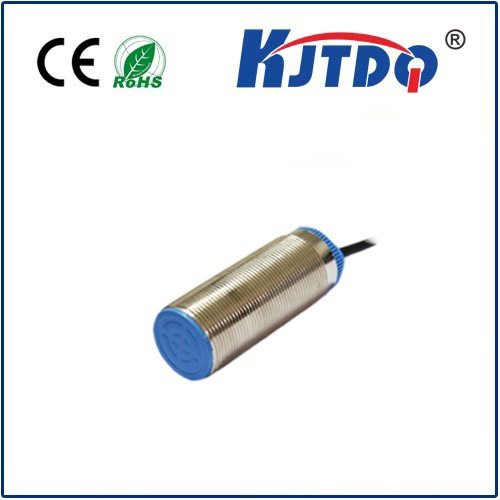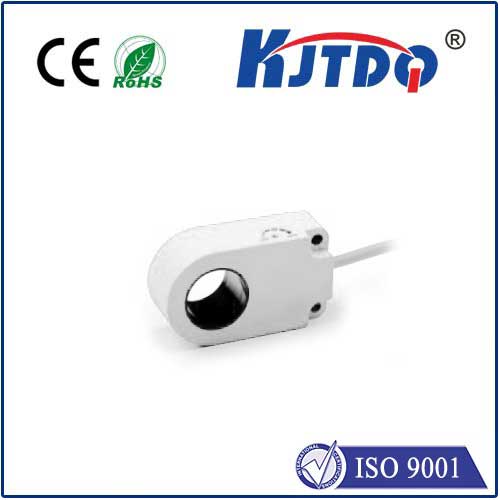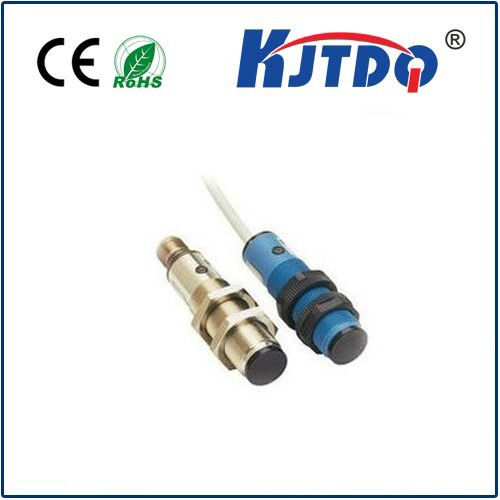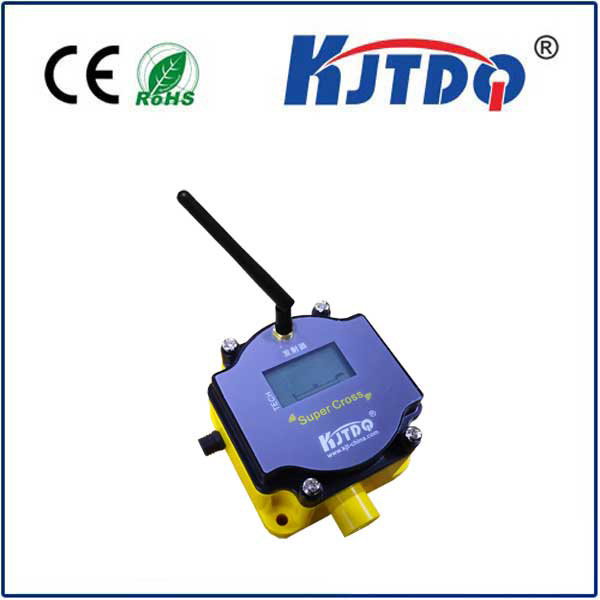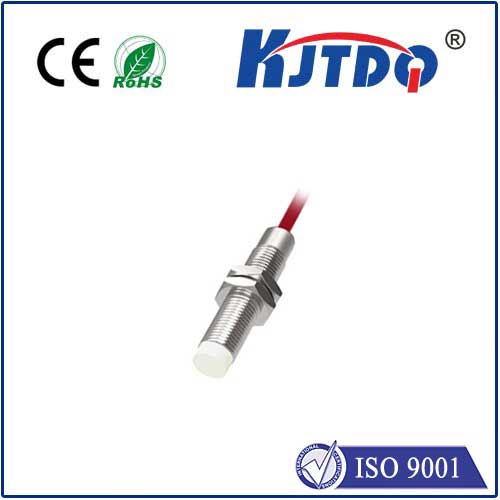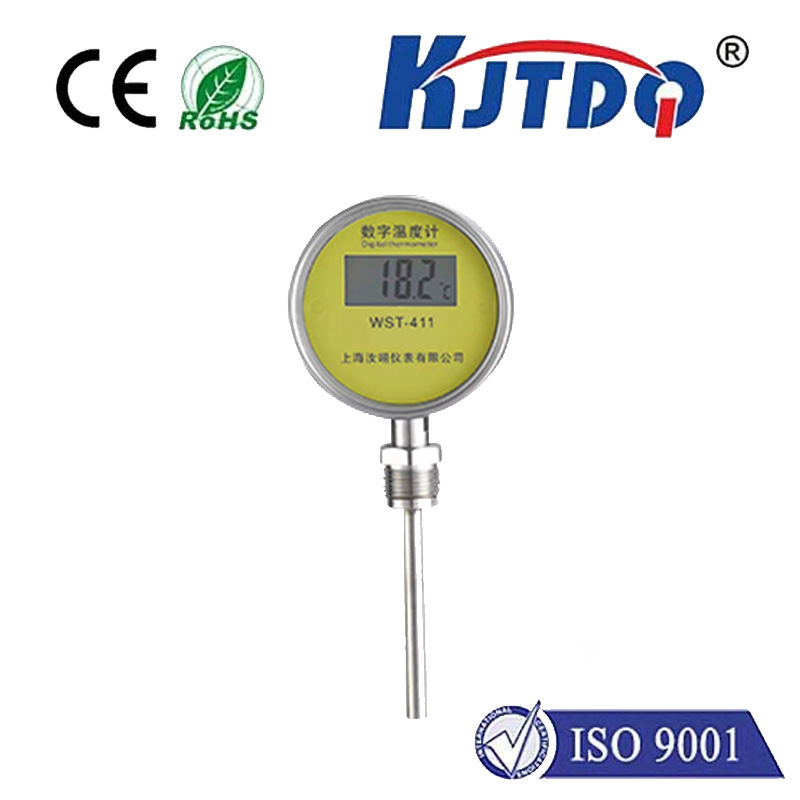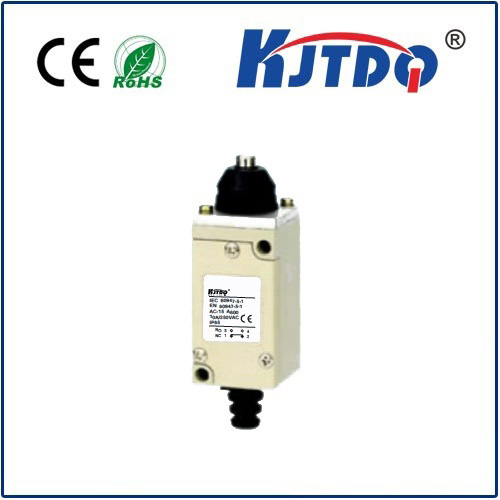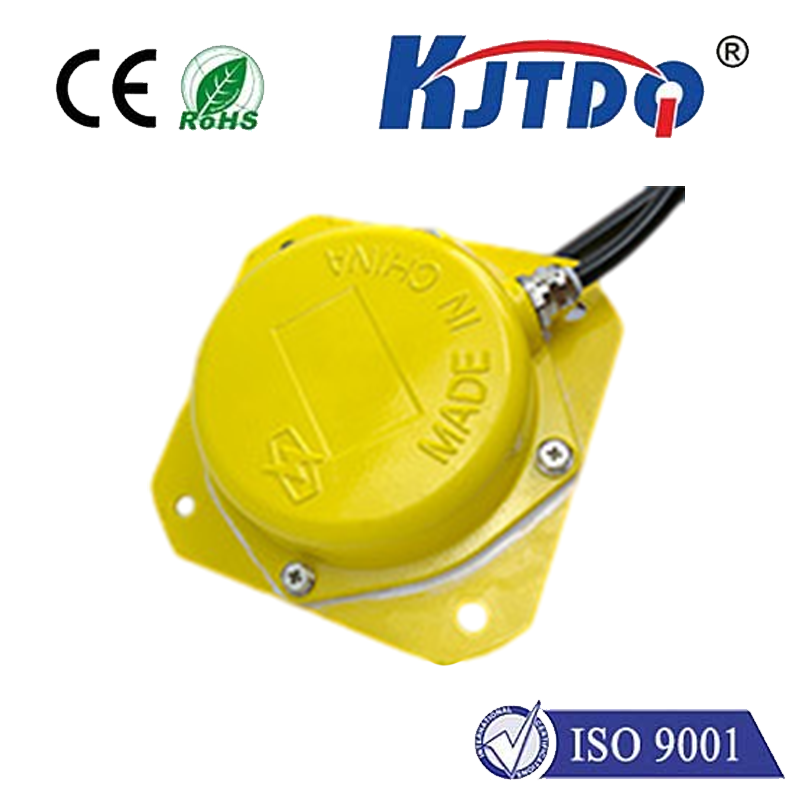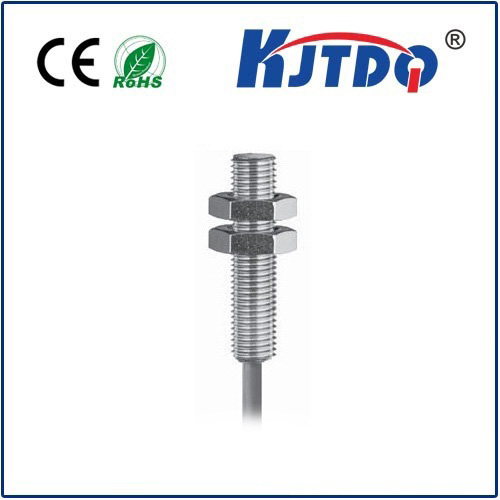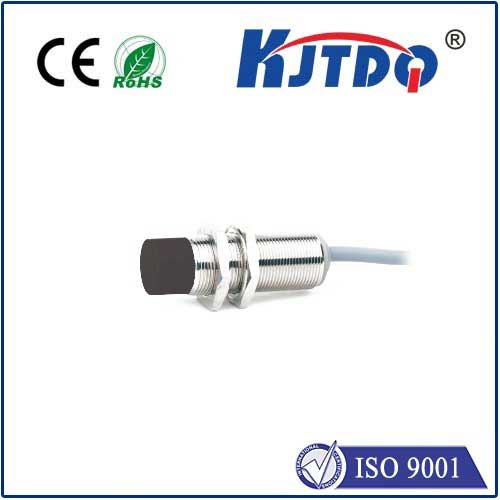

check

check

check

check

check

check

check

check

check

check
Magnetic sensors have come a long way since their inception. These tiny devices are capable of detecting changes in magnetic fields, opening up new possibilities in various industries. In this article, we'll explore the basics of magnetic sensors and their applications in today's tech world.
1. Introduction to Magnetic Sensors
A magnetic sensor is a device that detects and measures changes in the strength or orientation of a magnetic field. These sensors can be used to detect different types of magnetic fields, including static, alternating, and perpendicular fields. They are made from various materials, including metal, ceramic, and polymer.
2. Types of Magnetic Sensors
There are several types of magnetic sensors, each with its unique features and applications. Some common types include:
a) Hall Effect Sensors: These sensors use the principle of the Hall effect to detect changes in the magnetic field. They are widely used in automotive systems, robotics, and medical devices.
b) Magnetic Resonance Sensors (MRS): These sensors use the principle of magnetism to measure magnetic properties. They are commonly used in MRI machines and other medical devices.
c) Inductive Coil Sensors: These sensors use an electric current to measure changes in electromagnetic induction. They are widely used in industrial monitoring systems and environmental sensing.
3. Applications of Magnetic Sensors
Magnetic sensors have numerous applications across various industries. Some popular applications include:
a) Automotive Industry: Magnetic sensors are used in automotive systems to detect problems with brakes, steering mechanisms, and other components. They also help prevent accidents by alerting drivers when there is a problem with the vehicle.
b) Robotics: Magnetic sensors are used in robots to navigate and manipulate objects in their environment. They are also used for obstacle detection and avoidance in autonomous vehicles.
c) Medical Devices: Magnetic sensors are used in MRI machines to produce high-quality imaging data. They also help diagnose medical conditions by detecting changes in the body's magnetic fields.
d) Industrial Monitoring: Magnetic sensors are used in industrial monitoring systems to detect changes in the environment, such as changes in temperature, pressure, and vibration. They also help improve safety and reduce downtime in industrial processes.
4. Future of Magnetic Sensors
As technology continues to advance, we can expect magnetic sensors to become even more powerful and versatile. Some potential future applications include:
a) Wearable Technology: Magnetic sensors could be integrated into wearable devices like smartwatches and fitness trackers to monitor health metrics like heart rate and sleep patterns.
b) Environmental Sensing: Magnetic sensors could be used to monitor air and water quality, track weather patterns, and detect natural disasters such as earthquakes and tsunamis.
c) Space Exploration: Magnetic sensors could be used on spacecraft to navigate and maintain alignment while exploring distant planets and stars.
